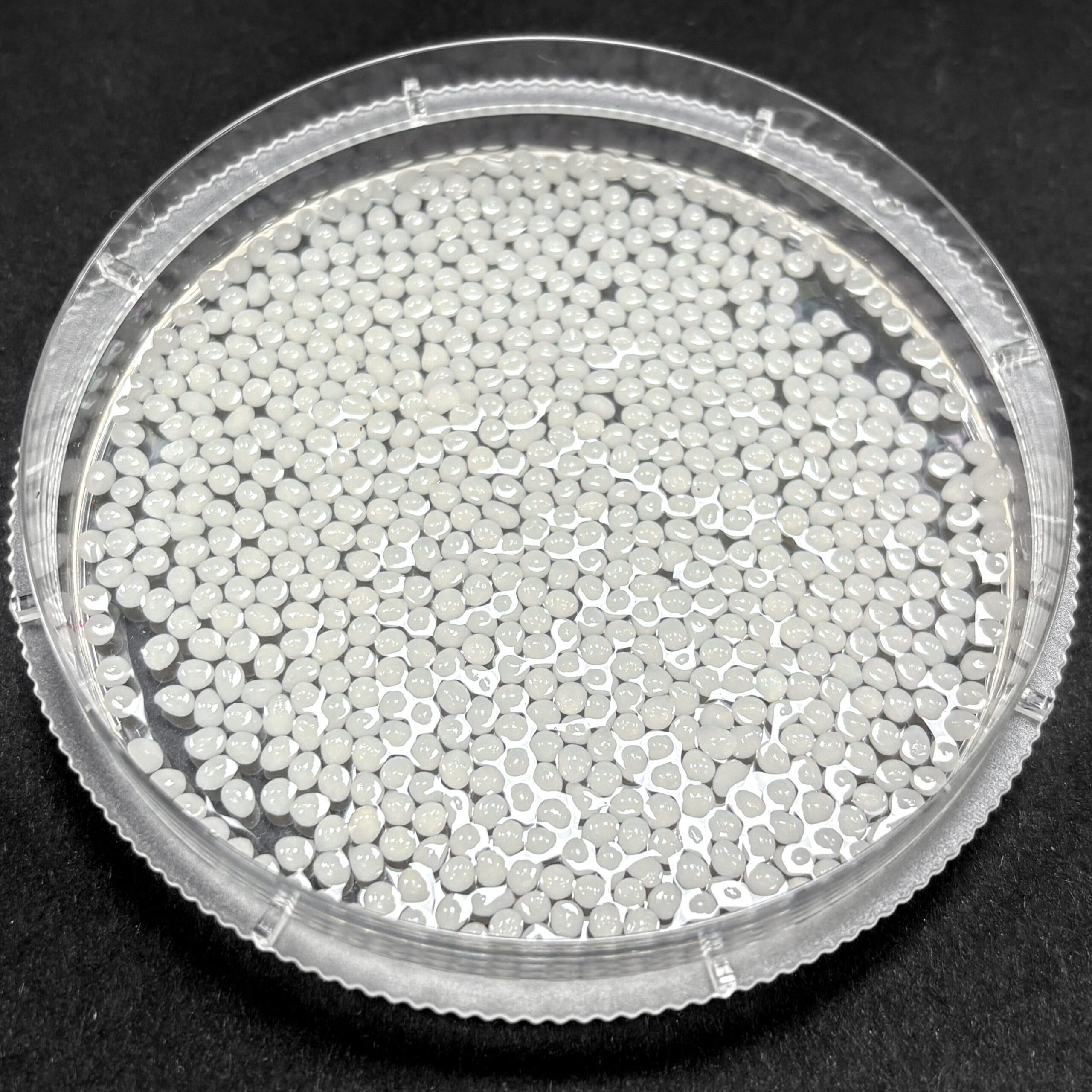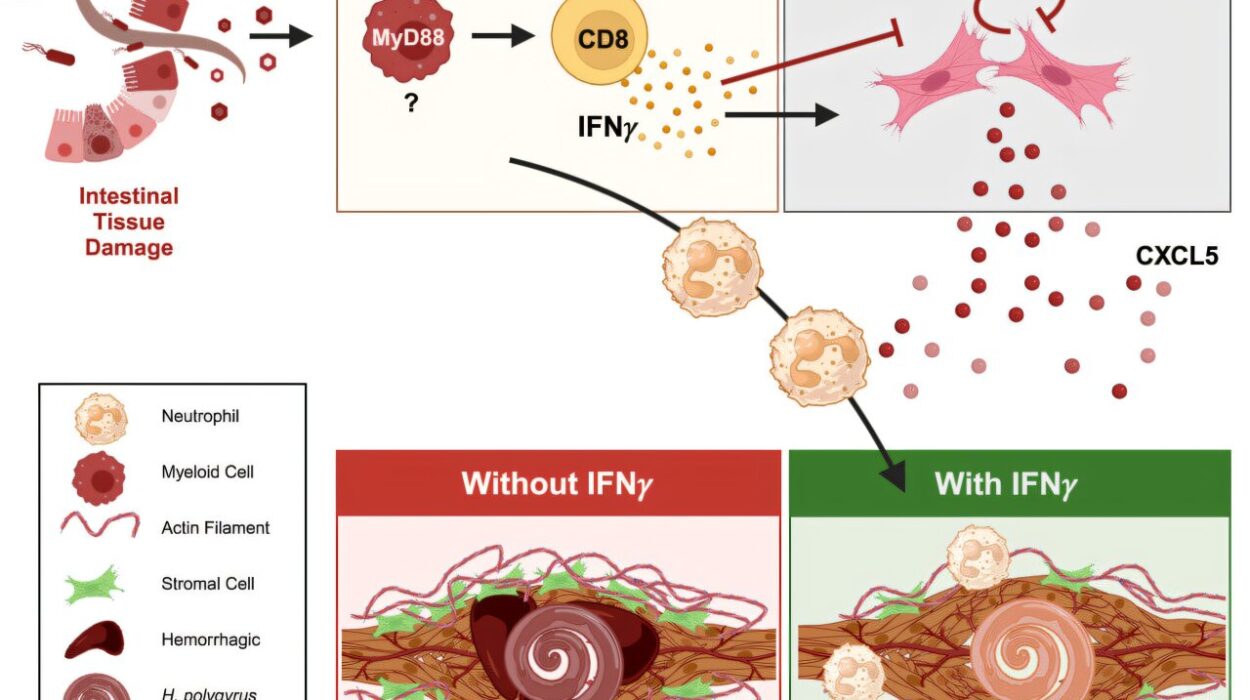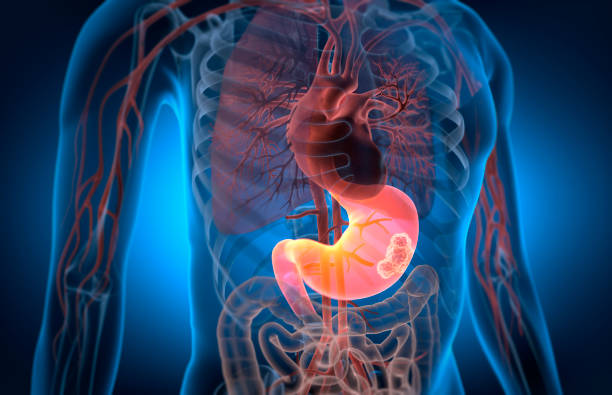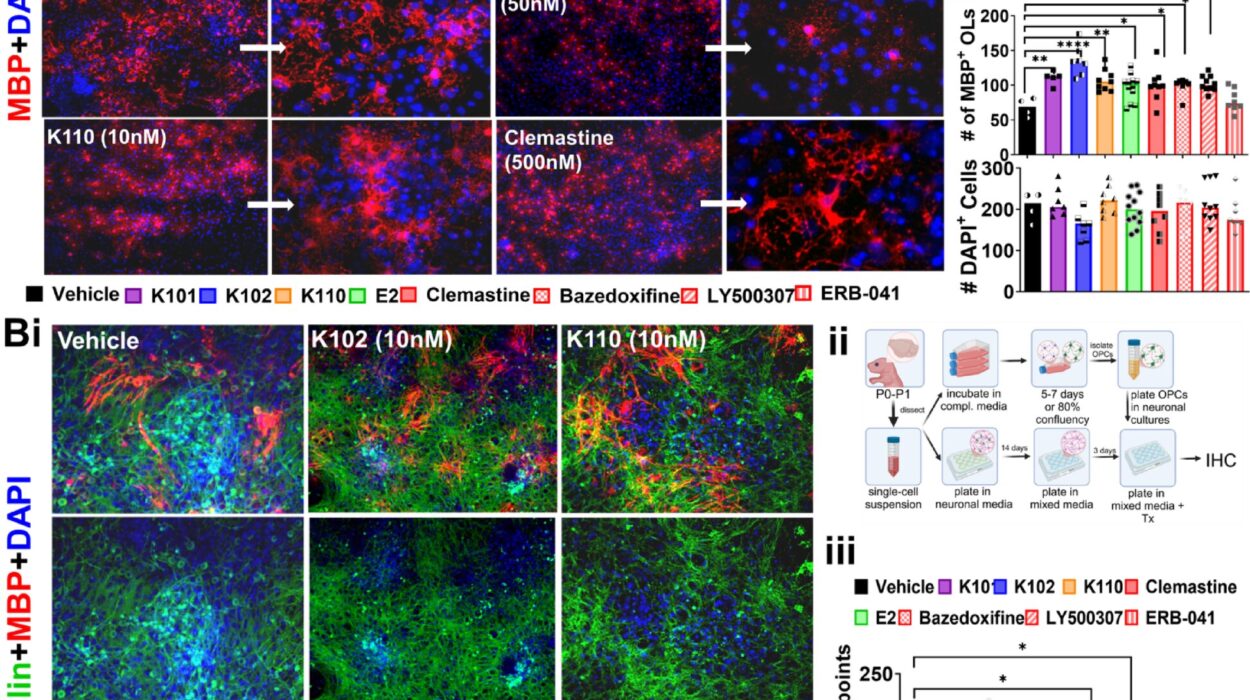For millions of people worldwide, losing weight is not just about appearance—it is a matter of health and survival. Obesity is a major risk factor for heart disease, diabetes, liver damage, and even certain cancers. Yet most available weight-loss interventions come with challenges. Surgery, like gastric bypass, is invasive and carries long-term risks. Drugs that block fat absorption, such as orlistat, can be effective but often bring unpleasant or even dangerous side effects, including gastrointestinal distress and liver problems.
Now, scientists may have found a gentler, safer alternative. Researchers at Sichuan University in China have developed tiny edible microbeads made from green tea polyphenols, vitamin E, and seaweed. Early results suggest these beads can prevent fat from being absorbed in the gut—without surgery or harsh drugs.
How the Beads Work
The idea is both simple and ingenious. When we eat, fats must be broken down in the digestive system before they can be absorbed by the body. The new microbeads target this process directly.
The team first combined natural compounds—green tea polyphenols and vitamin E—into a structure that chemically binds to fat droplets. These microscopic beads are then wrapped in a seaweed-derived coating that protects them as they pass through the stomach.
Once the beads reach the intestine, the protective coating swells in the acidic environment, exposing the fat-binding compounds inside. At that point, the beads latch onto partially digested fats, trapping them before they can be absorbed. Instead of entering the bloodstream, the fats are safely excreted.
The result? A person can eat a normal meal while absorbing less dietary fat, potentially reducing weight gain in a natural, noninvasive way.
Early Results in Rats
To test their invention, the researchers carried out a controlled study with rats. The animals were divided into three groups: one given a normal low-fat diet, one fed a high-fat diet, and one fed a high-fat diet along with the microbeads.
The results were striking. After 30 days, the rats on the high-fat diet without microbeads gained weight, as expected. But the rats eating the same diet plus microbeads lost about 17% of their total body weight. These rats also showed reduced body fat, healthier livers, and excreted more fat in their feces without signs of digestive harm.
In a separate comparison, the researchers tested the beads against orlistat, the most commonly used fat-blocking drug. Both approaches increased fat excretion, but the beads did so without causing the gastrointestinal distress that often plagues orlistat users.
Why This Matters
Weight management is notoriously difficult. While diet and exercise remain the foundation of healthy living, many people find these changes hard to sustain in modern environments where high-calorie foods are abundant. For some, genetics make weight gain especially difficult to control.
That is why safer, noninvasive tools like these microbeads could represent a breakthrough. By gently blocking fat absorption, they may allow people to better manage weight without drastic medical interventions. As lead researcher Yue Wu explains, “We want to develop something that works with how people normally eat and live.”
From Lab to Table
Perhaps the most intriguing part of this innovation is how seamlessly it could be added to everyday diets. The microbeads are almost tasteless and could be incorporated into foods like desserts or bubble tea, much like tapioca pearls. Instead of being forced to take a bitter pill or undergo surgery, people could simply add these beads to meals.
The materials themselves are also promising. Green tea polyphenols and vitamin E are well-known antioxidants with established health benefits, while the seaweed-based coating is already used in food products. All the components are food-grade and FDA-approved, which means scaling up production for human use should be relatively straightforward.
Toward Human Trials
The research, presented at the American Chemical Society (ACS) Fall 2025 meeting and published in Cell Biomaterials, is still in its early stages. So far, the evidence comes from animal studies. But the team is already moving forward with human testing.
In collaboration with West China Hospital of Sichuan University, they have begun a clinical trial with 26 participants. These volunteers will test whether the microbeads can safely and effectively help people lose weight under real-world conditions. If results are positive, the beads could mark a new chapter in weight-loss treatment.
Looking Ahead
Of course, no single solution will solve the global obesity crisis. Lifestyle choices, genetics, and social factors all play roles in weight management. But safe, effective tools could make a real difference. If edible microbeads prove successful, they may offer people an accessible way to control weight while lowering the risk of chronic diseases linked to obesity.
Imagine a future where managing weight is no longer a battle between invasive surgery and harsh drugs, but instead as simple as adding an extra ingredient to your favorite snack. That is the vision behind these tiny beads—a vision where science works hand in hand with everyday life to improve health.
As Wu puts it, “Losing weight can help some people prevent long-term health issues like diabetes and heart disease. Our microbeads work directly in the gut to block fat absorption in a noninvasive and gentle way.”
If the promise of these plant-based beads holds true, the future of weight loss may be not just healthier, but also more humane.
More information: Oral polyphenol-based microbeads with synergistic demulsification and fat locking for obesity treatment. acs.digitellinc.com/live/35/session/562152
Yue Wu et al, Oral polyphenol-based microbeads with synergistic demulsification and fat locking for obesity treatment, Cell Biomaterials (2025). DOI: 10.1016/j.celbio.2025.100019






